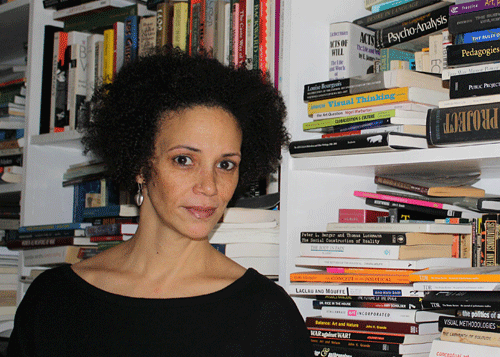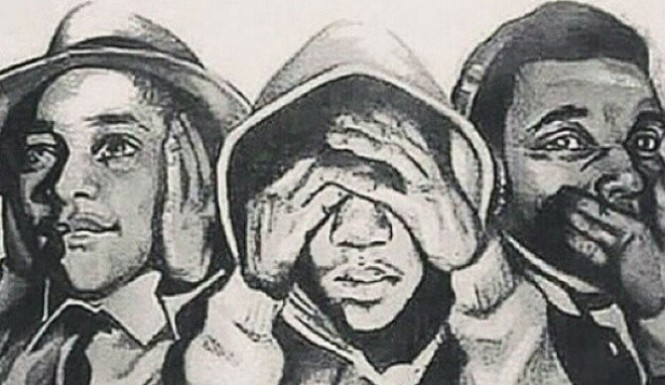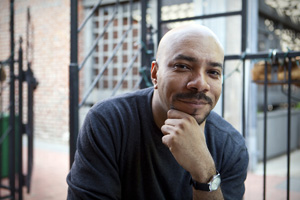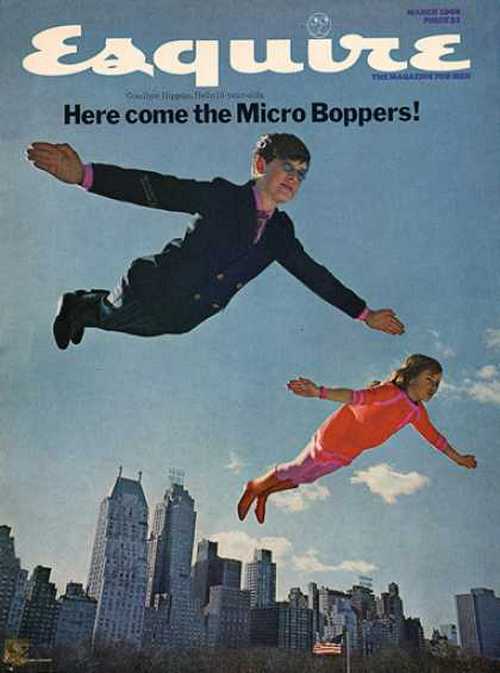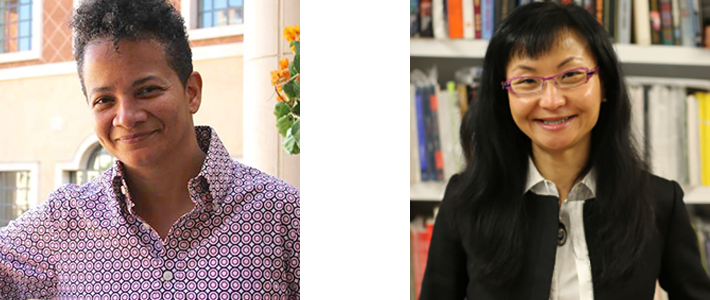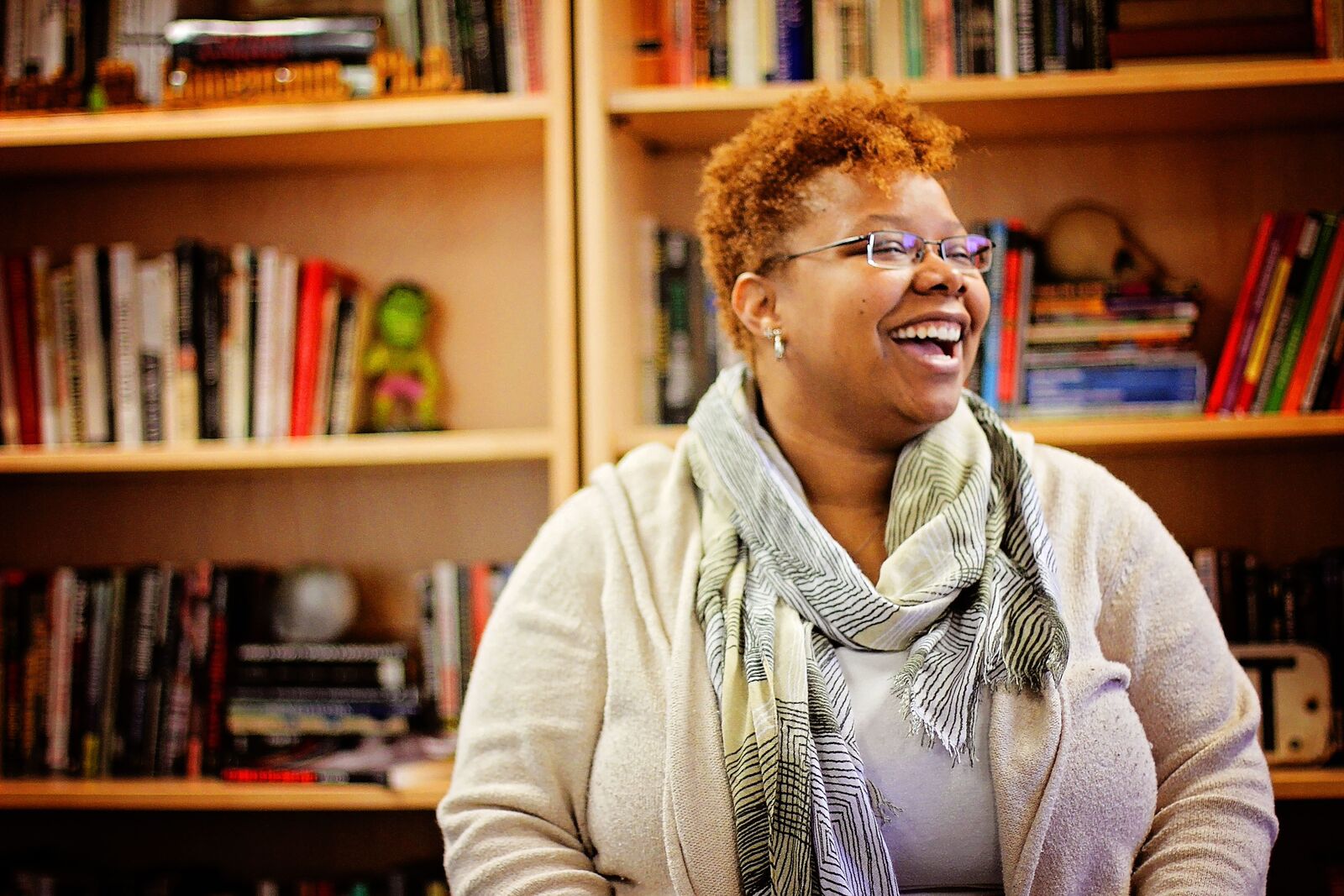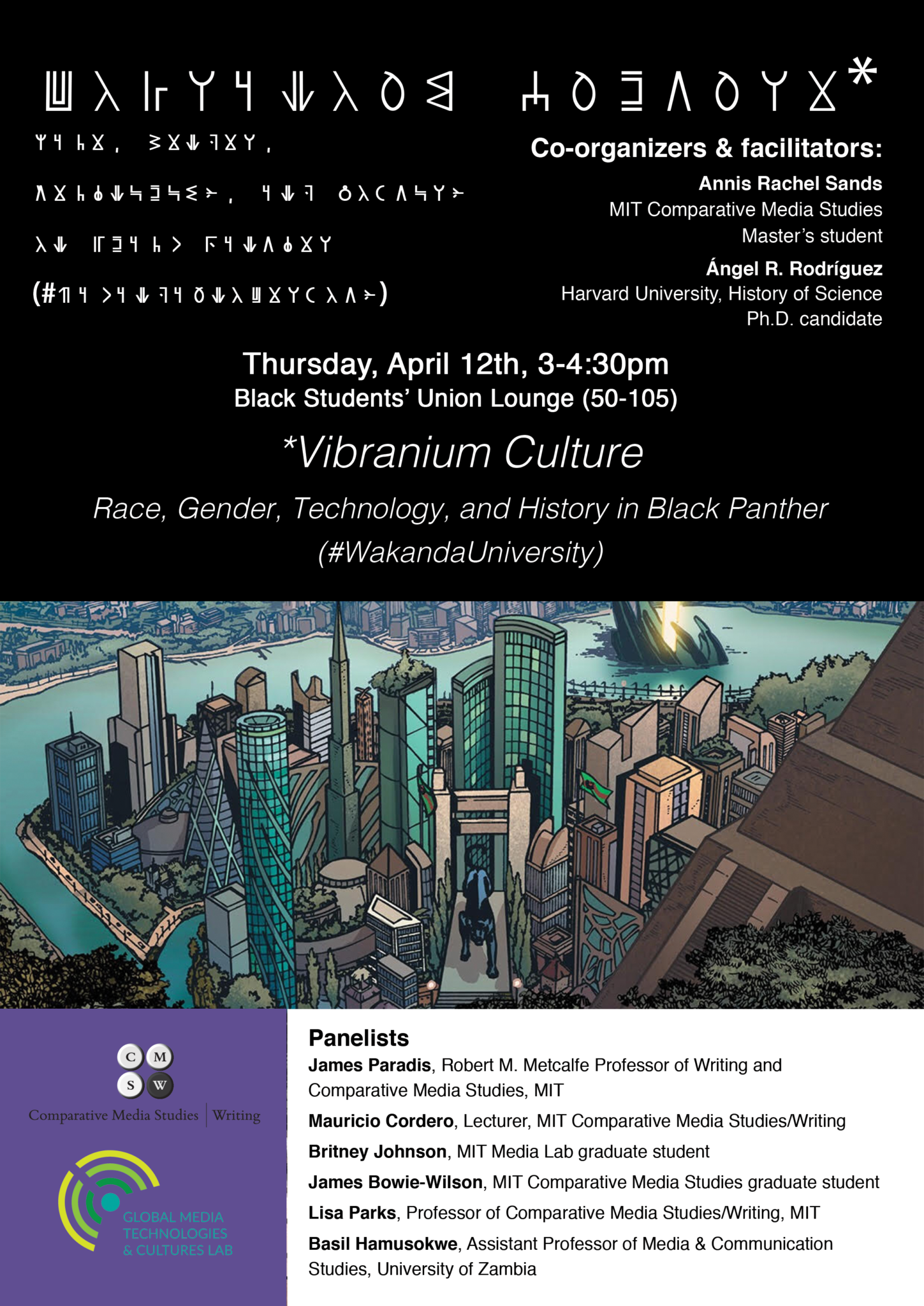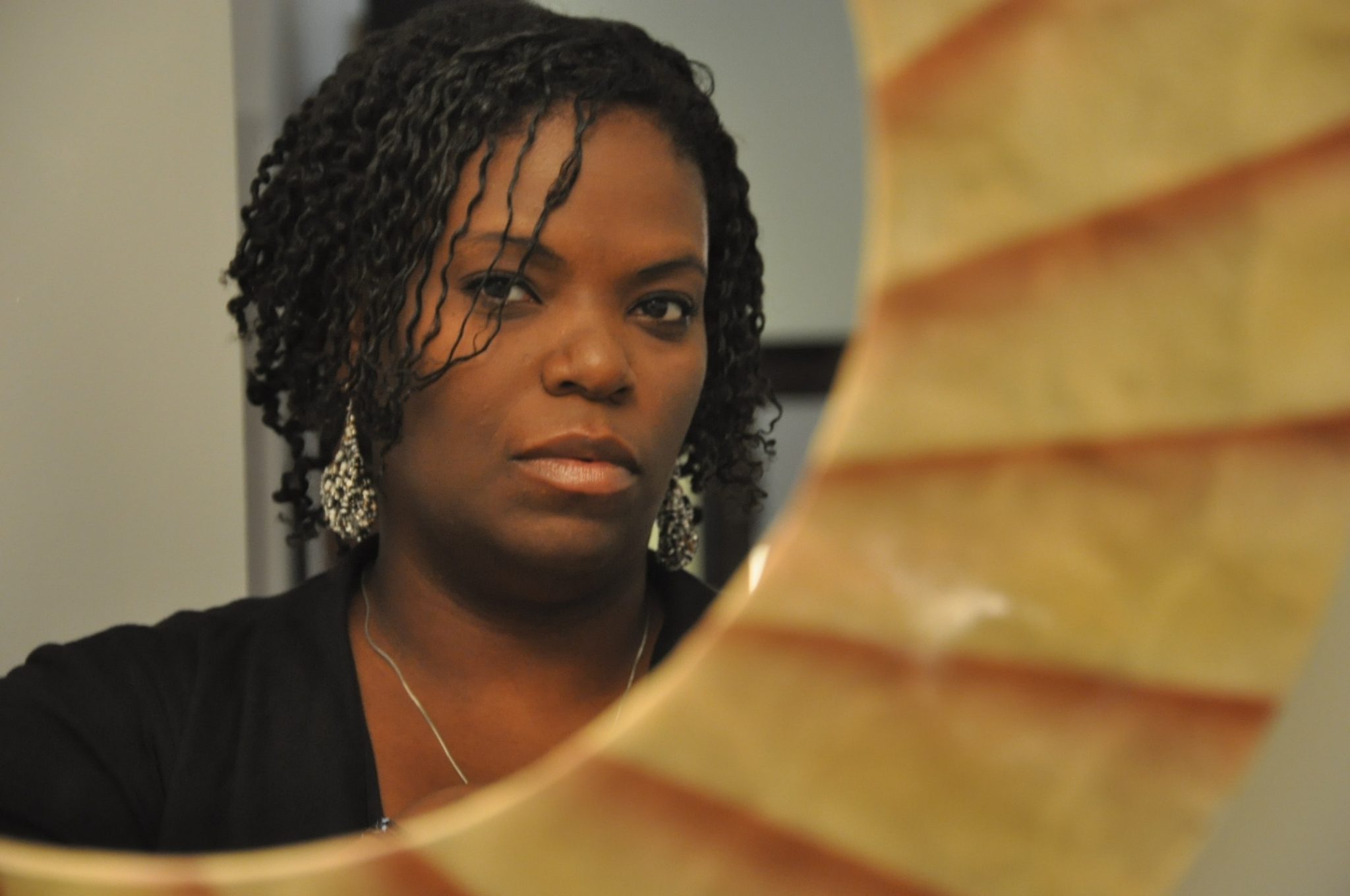Coco Fusco: “A Performance Approach to Primate Politics”
MIT Media Lab, Room 633 75 Amherst St., Cambridge, MA, United StatesCoco Fusco New York-based interdisciplinary artist and writer Coco Fusco will consider the critical responses to the original Planet of the Apes films, focusing in particular on the interpretation of the films as critiques of American race relations during the 1960's and '70's. She will also discuss her interest in exploring the strategies used in […]

